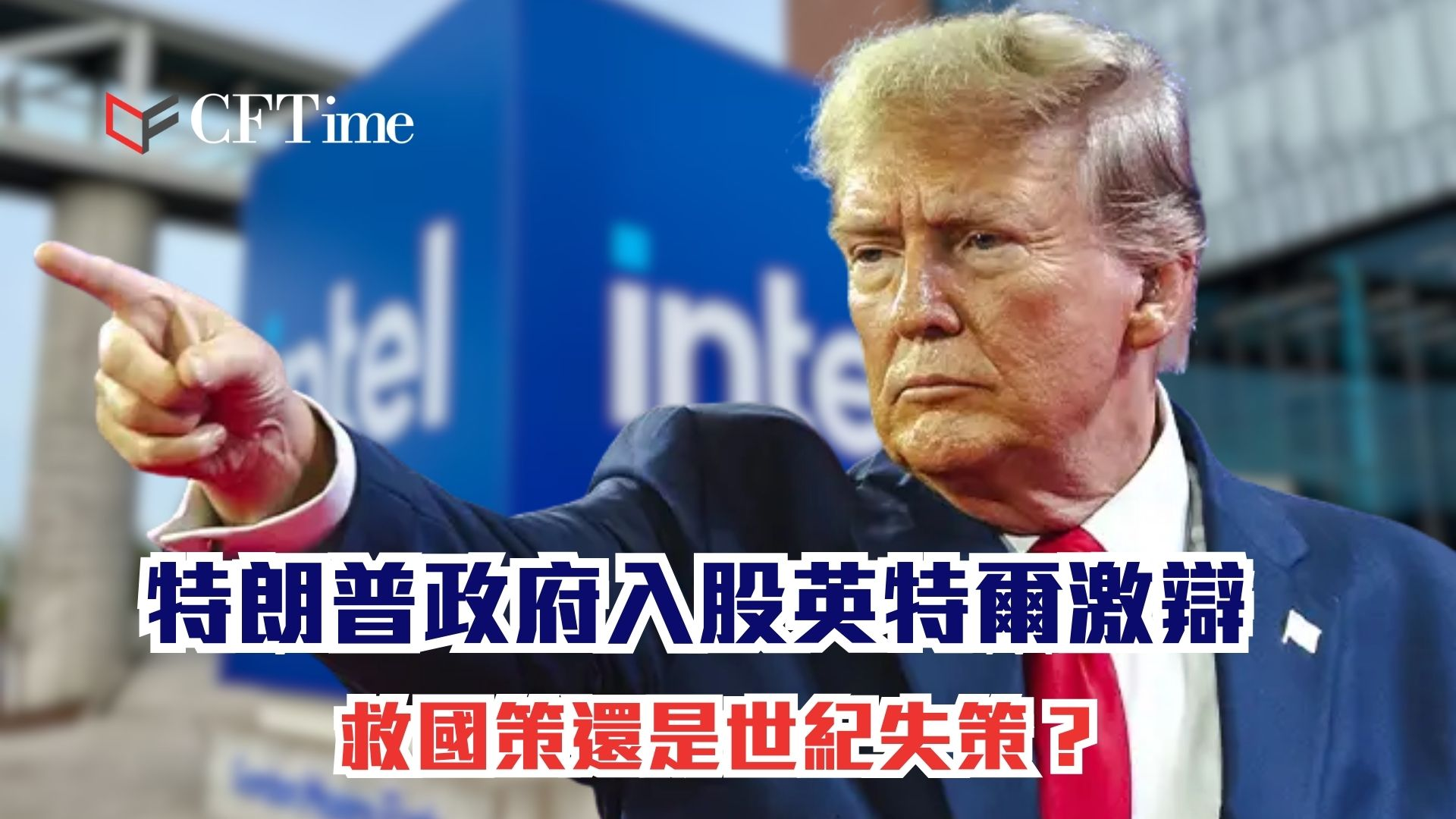
On August 23, Beijing time, U.S. President Donald Trump announced that the U.S. would hold a 9.9% stake in Intel as part of an agreement reached with the troubled chip manufacturer, which converts government grants into equity shares. This is the latest major intervention by the White House into the American business sector.
The agreement has strengthened the relationship between Trump and Intel CEO Pat Gelsinger, who previously stated that the CEO should resign due to conflicts of interest. The agreement will ensure that the chip manufacturer receives approximately $10 billion in funding to build or expand factories in the United States.
According to the agreement, the U.S. will purchase a 9.9% stake in Intel for $8.9 billion, at a price of $20.47 per share, which is about $4 lower than Intel's closing price of $24.80 on Friday.
The funds for the purchase of 433.3 million shares of Intel stock will come from the Biden administration's (Chip Act) unpaid grants of $5.7 billion and the $3.2 billion grant provided to Intel for a security isolation project, which was also obtained during the term of Trump's predecessor, Democratic President Joe Biden.
In after-hours trading on Friday, Intel's stock price rose about 1%, following a 5.5% increase during regular trading.
A White House official stated that Trump met with Gelsinger on Friday. Subsequently, after Trump met with Intel's CEO on August 11, he asked him to resign.
Commerce Secretary Howard Lutnick stated on Twitter that the agreement reached by Tan is 'fair to both Intel and the American people.'
Striving to catch up
Intel's investment is the latest unusual deal reached with an American company.
Other recent transactions include the Pentagon becoming the largest shareholder of a small mining company (MPMaterials) to boost the production of rare earth magnets, and the U.S. government obtaining certain veto rights through a 'golden share' agreement as one of the conditions for allowing Japan Steel to acquire it.
The federal government's extensive intervention in business affairs has raised concerns among critics, who say Trump's actions have created a new category of corporate risk. Before reaching an agreement with Intel, Japan's SoftBank Group announced on Monday that it had agreed to invest $2 billion in the chip manufacturer.
Some industry observers remain skeptical about whether Intel can overcome the challenges it faces.
Daniel Morgan, senior portfolio manager at Cynosure Trust, stated that Intel's issues are not just about needing a cash injection from SoftBank or government equity support; he specifically pointed out Intel's contract chip manufacturing business, which is its foundry division.
"Without government support or another financially stronger partner, it will be very difficult for Intel's foundry division to raise enough funds to reasonably expand more factories," he said. He added, "Intel needs to catch up technologically to attract business."
Intel stated that the government's stake would be passive and would not include board seats. The government will vote with Intel's board when shareholder approval is needed, except in 'limited exceptions.' Intel did not specify what these exceptions are. The stake also includes a five-year warrant at $20 per share that allows American companies to acquire an additional 5% stake in Intel. If Intel loses control of its foundry business, American companies can exercise this right.
Analysts say that federal support could give Intel more breathing room to revive its struggling foundry business. However, this move has allowed competitors to dominate the artificial intelligence market, causing Intel to lose market share in its central processing unit business and to lose market share for years. The company also faces challenges in attracting customers to its new factories.
CEO Pat Gelsinger, who took office in March of this year, stated that he will be responsible for turning around the fortunes of this American chip manufacturing giant. The company recorded an annual loss of $18.8 billion in 2024—its first loss since 1986. The company's adjusted free cash flow was positive in the last fiscal year, specifically in 2021.

